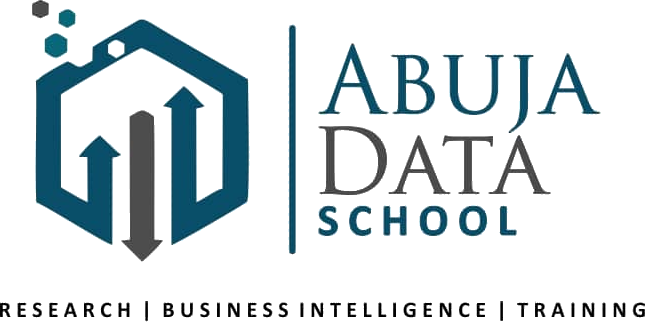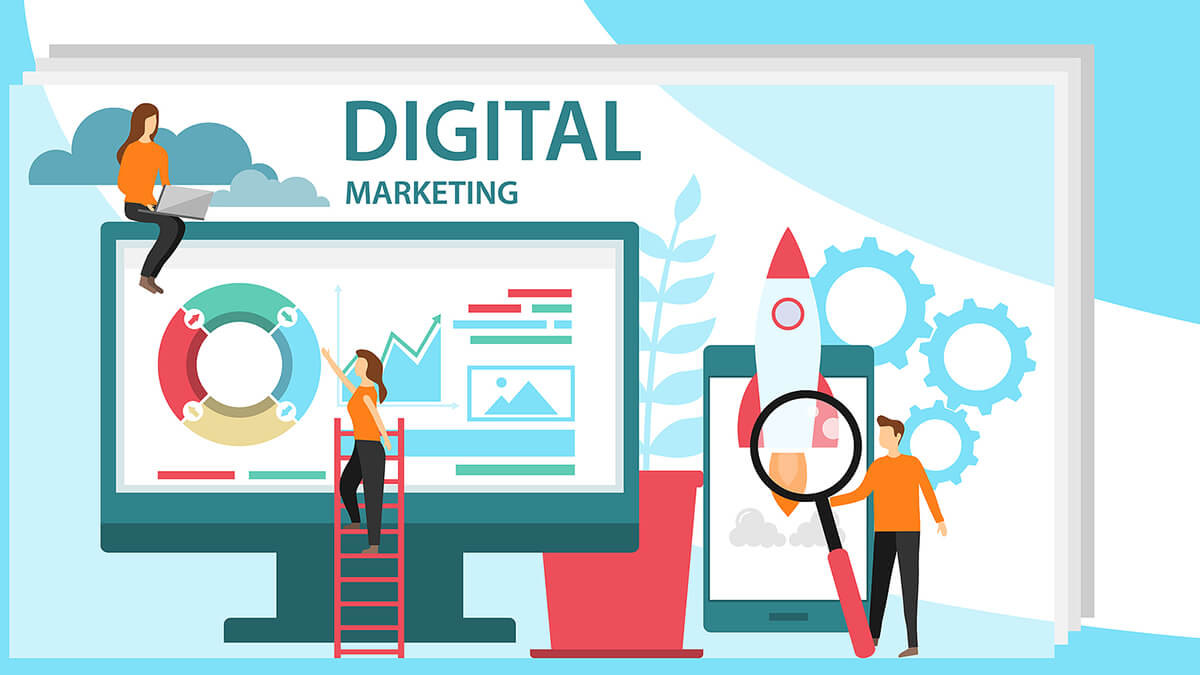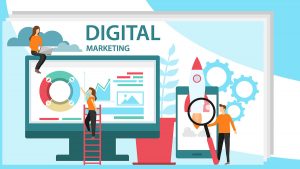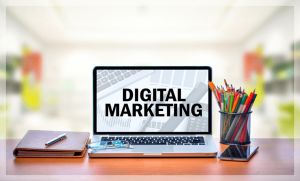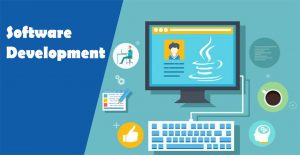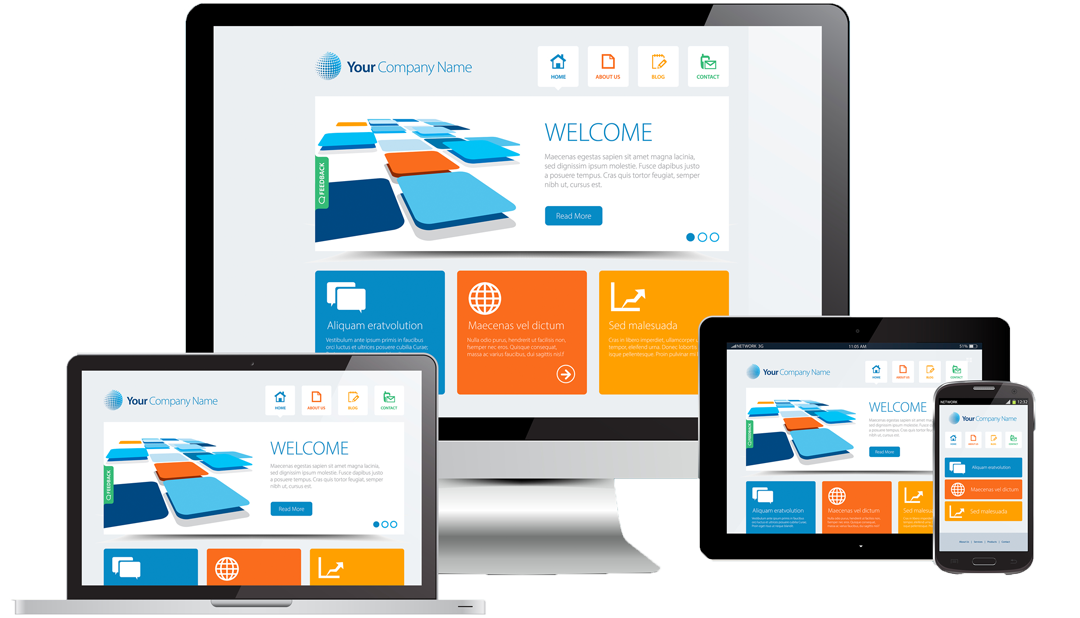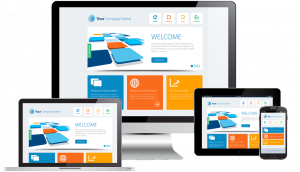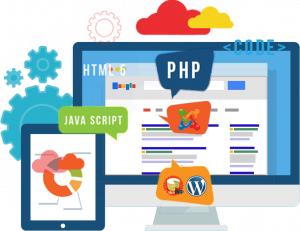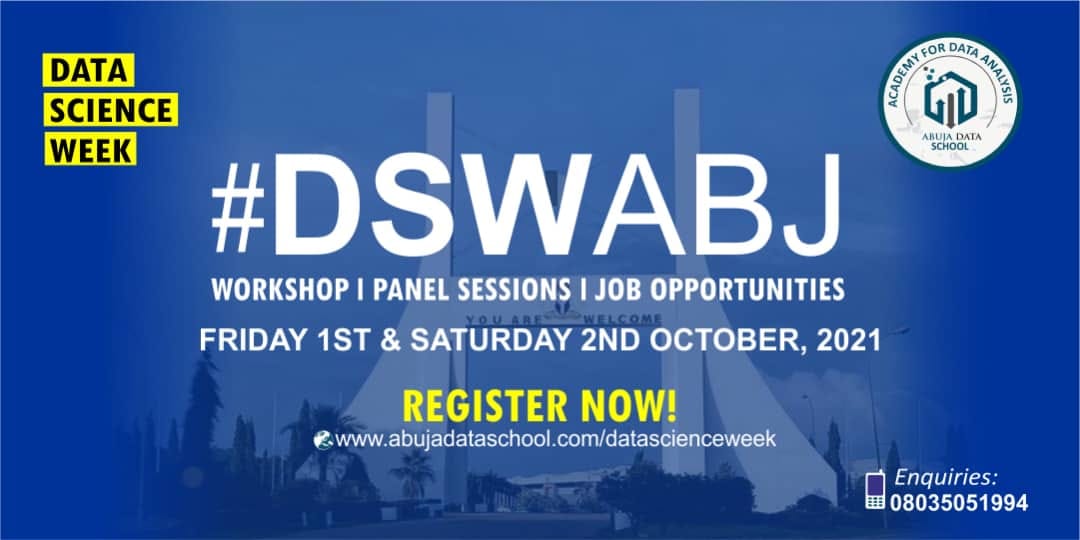
Years ago, most businesses and individuals used the then Microsoft Office suite now Microsoft 365. It still hasn’t changed though which is why there is a Microsoft Office training in Abuja set up to give a head start on Microsoft365. Abuja Data School has experts who can take you from one level to another in the knowledge of Microsoft 365.
Microsoft 365 as commonly known as Microsoft Office suite is made up of Office 365, Windows and Enterprise Management and Security. On April 21,2020 the name changed from Office 365 to Microsoft 365 causing some confusion. This Microsoft Office training in Abuja will give in-depth training on Microsoft 365 and how to get the best from its several features. Microsoft 365 has various applications developed to meet various needs. These applications can be classified into Microsoft 365 core apps, Microsoft 365 business apps, Microsoft 365 Enterprise apps and Microsoft 365 standalone apps.
Microsoft Office core apps available at Abuja Data School:
1) Microsoft Word.
2) Microsoft Excel.
3) Microsoft Access.
4) Microsoft Outlook.
5) Microsoft PowerPoint.
6) Microsoft One note.
7) Microsoft One drive.
8) Microsoft Teams.
9) Microsoft Publisher.
10) Microsoft Project
Microsoft Office business apps available at Abuja Data School:
1) Azure information protection.
2) Exchange.
3) Intune.
4) One drive for business.
5) SharePoint.
6) Teams.
Microsoft Office enterprise apps available at Abuja Data School:
1) Bookings.
2) Forms.
3) Lists.
4) MyAnalytics.
5) Planner.
6) Power Apps.
7) Power Automate.
8) Power BI.
9) Stream.
10) Sway.
11) To do.
12) Yammer.
Microsoft Office standalone apps available at Abuja Data School:
1) Cortex.
2) Editor.
3) Fluid.
4) Kaizala.
5) MileIQ.
6) Project.
7) Visio.
8) Whiteboard.
In this write-up, we will focus on most of the core apps. To know more about the rest apps, enroll for the Microsoft Office training in Abuja Nigeria hosted by Abuja Data School.
MICROSOFT WORD TRAINING PROGRAMME IN ABUJA NIGERIA
Microsoft Word or MS Word is a popular office app on the Microsoft 365 bundle that processes words. It is a graphical word processor used to type documents. Microsoft Word was first released in 1989 by the Microsoft company. It was initially called MS-DOS.
What is Microsoft Word used for?
- Microsoft Word is used mainly to create documents, reports, essays, dissertation, letters, learning materials, and readable office documents.
- Microsoft Word is used to format text , save texts and print as documents.
- Microsoft Word is much easier in formatting texts than tables and images.
The benefit of Microsoft Word is the ease it gives in processing what we have in mind to written texts which can be read or even printed.
Abuja Data School will teach you how to not just type with Microsoft Word but also how to use its formatting tools to get outstanding results.
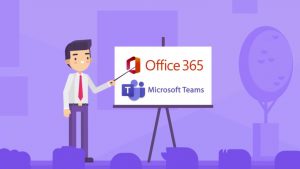
MICROSOFT EXCEL TRAINING PROGRAMME IN ABUJA NIGERIA
Microsoft Excel is an app used to create charts, graphs, and perform business calculations. It is what we popularly know as spreadsheets containing cells of data. Microsoft Excel through charts plan personal budgets, make lists, give complex reports, forecast future decisions and manage corporate finance. Microsoft Excel is not necessarily a database even though it compiles data and produces information. Microsoft Excel is good for calculation, formatting, sorting and filtering inputs. The Microsoft Office training in Abuja covers data crunching, What-If analysis, pivot tables among many others which can be used for analysis if you do not have money to use power BI.
What is Microsoft Excel used for?
- Microsoft Excel is used for financial/ business analysis.
- Microsoft Excel is used to manage projects and make strategic analysis.
- Microsoft Excel is used for office administration and managing operations be it personal or corporate.
Abuja Data School will teach you how to organize data and perform financial analysis, Vlookup formula, detach duplicates and so on which is used across all spreadsheets, in organizations, big and small.
MICROSOFT POWERPOINT TRAINING PROGRAMME IN ABUJA NIGERIA
Microsoft PowerPoint is a presentation software that is used to create slideshows and animations for visual presentations. Microsoft PowerPoint is a great graphic tool that produces visuals of texts, images, audios, videos and other graphics using transition and live animating effects. Microsoft PowerPoint is used by students and those in the business world to give presentations. Microsoft PowerPoint is supported in only Microsoft Windows and Macintosh operating systems.
What is Microsoft PowerPoint used for?
- Microsoft PowerPoint is mainly used for presentations.
- Microsoft PowerPoint is also used to show the visual prototypes of existing or potential products.
- Microsoft PowerPoint uses videos, images, icons, animations and designs to make proposals lively.
At Abuja Data School, you will be taught how to create attractive slides that suit presentation purposes to avoid using an inappropriate style that could discourage clients.
MICROSOFT ONENOTE TRAINING PROGRAMME IN ABUJA NIGERIA
Microsoft OneNote is more like a drag and drop software for activities. Microsoft OneNote is a digital notebook that allows you to insert ideas as you work and synchronize those jottings automatically. This Microsoft OneNote gives room for creativity, innovativeness as it reminds ideas that come in bits.
What is Microsoft OneNote used for?
- Microsoft OneNote is used to gather information.
- Microsoft OneNote is used to replicate things done using notebooks but with a digital effect.
MICROSOFT ACCESS TRAINING PROGRAMME IN ABUJA NIGERIA
Microsoft Access is a Database Management System (DBMS) that manages relational databases, stores information for reference purposes and gives analysis. Microsoft Access is easy to use in collating records and managing information. Microsoft Access is mostly used by small businesses to monitor their staff strength among other data housed on the database. Microsoft Access functions on Windows only.
What is Microsoft Access used for?
- Microsoft Access is used to store and update data in the database of an organization.
- Microsoft Access is used to break down complicated queries and perform multiple requests.
- Microsoft Access has the capacity to manage large amounts of information recorded in spreadsheet applications like Microsoft Excel.
There are different types of database model, DBMS software and securities which Abuja Data School trains on even through the different stages of setting it up in an organization.
MICROSOFT OUTLOOK TRAINING PROGRAMME IN ABUJA NIGERIA
Microsoft Outlook is an email-client application with modules that manage accounts, organize mails, add signatures and integrate some functions from other applications. Microsoft Outlook is email-based and has a calendar to invite others to an event, schedule events, share contacts, perform tasks or create to-do, book customers appointments and make reservations. These features function on the web only.
What is Microsoft Outlook used for?
- Microsoft Outlook helps in task management.
- Microsoft Outlook keeps a calendar.
- Microsoft Outlook creates team collaboration.
- Microsoft Outlook serves as a personal manager in relation to clients.
CAREER OPPORTUNITIES IN MICROSOFT 365
As we have seen with the various tools provided by Microsoft 365, finding a career is quite easy as the opportunities are unlimited. Here are a few of such professions:
- Project Manager.
- Data Analyst.
- Front Desk Officer.
- Business Strategist.
- Database Administrator and Manager.
- Customer Service Representative.
- Virtual Administrator etc.
Take the chance to earn these careers through the Microsoft Office training in Abuja by Abuja Data School.
